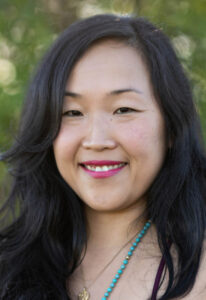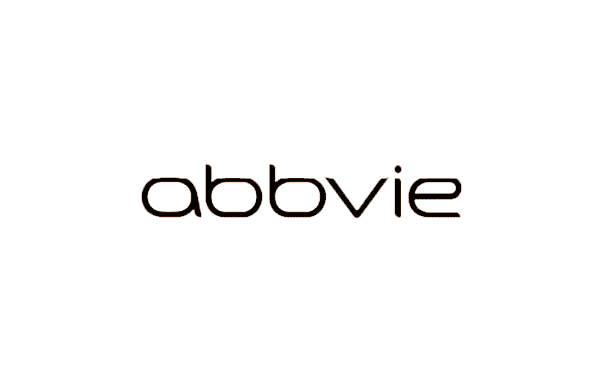With society behaviorally falling apart, being a tough critic of human behavior may be as frustrating as it is needed. While the following may sound controversial, it’s based on a few of my experiences with Autistic adults (not minors) who are highly independent, and it is solely my opinion.
Lately, I’ve been asking myself what the line is between when being on the spectrum — which, to some degree, it is said all people are — is a half-baked, untenable excuse versus when it’s a fair reason.
I’ve also been asking myself why I feel a borderline sense of guilt when I don’t like someone else on the spectrum. It’s rare but it happens. At the end of the day, we (as in all humans on planet earth) are unique; it’s not reasonable to expect that you’ll like or get along with everyone that falls under the umbrella of any given label.
You see, not too long ago, I had an interaction with someone on the spectrum that had a less than pleasant ending. I will spare specifics in order to safeguard privacy, but a young adult ended up cussing at me. F-bombs were hurled. It was upsetting.
When I ran into his parent later (with whom this young adult lives), this parent followed up with a reluctant apology that semi-blamed me, and then punctuated it with “he’s on the spectrum”. This came with a look that seemed to give a vibe of “so that explains it”. To me, it didn’t.
It felt as if they expected a pass, but I wasn’t compelled to give one. Sure, there may be more going on with this young adult. However the circumstances surrounding this unpleasant experience were repeating and could’ve caused me and my pet significant harm. Moreover, I had already given a generous 6 months of grace, interwoven with several polite discussions. They had ample time to make the easy fix that would’ve stopped the problem, which they said they’d do but didn’t.
Last time I checked the specifiers for ASD, “uncontrollable, misdirected cussing” was not one of them. On the one hand, individuals on the spectrum may become more easily dysregulated compared to those who are not. On the other hand, one can be dysregulated and not cuss. If someone knows about themselves that that’s an issue, I think it’s that person’s responsibility to manage it, in whatever form works best for them, whether it’s physical exercise, meditation, medication, or something else.
There’s the aspect of having different social cues. But this young adult worked at a nearby supermarket. I’ve had other socializations with him that were conversational and friendly. And there’s the obvious fact that he had the presence of mind to cuss me out. It’s been a while and, though I’m not waiting on it, he has yet to apologize directly to me.






















